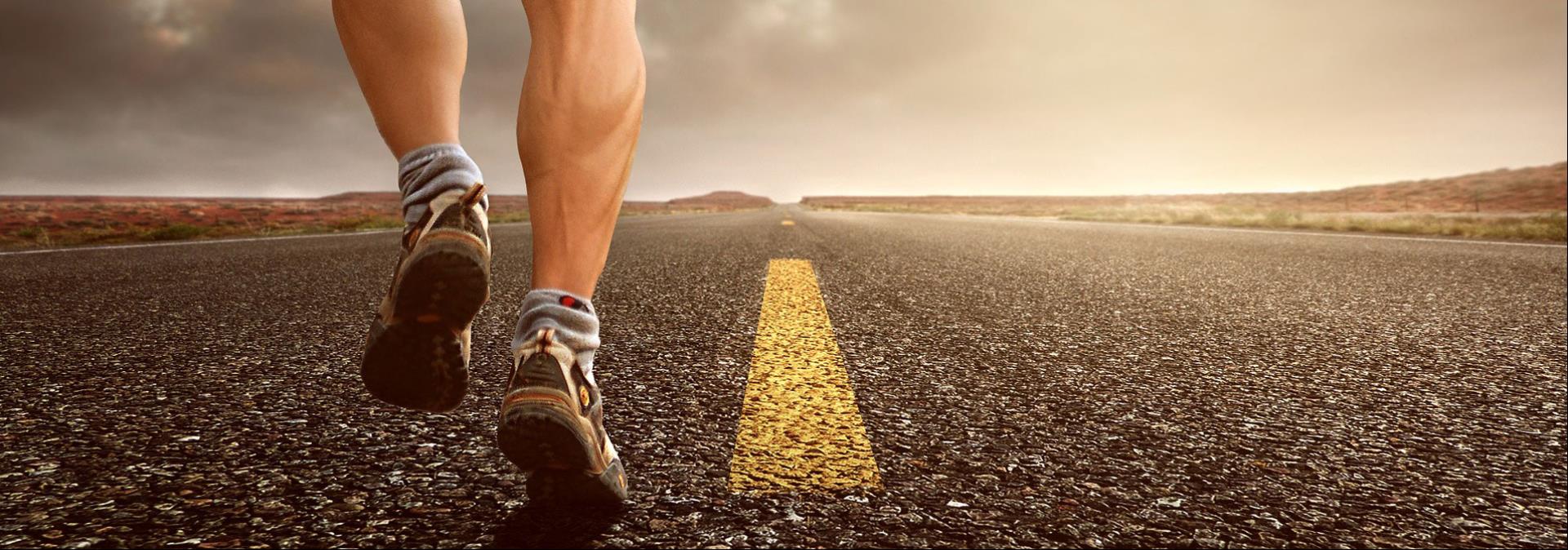How and When to Use Caffeine Supplements in Sports
After the Easter holidays, many of us will resume regular sports activities, often aiming to quickly get back in shape. In today's era of widespread use of dietary supplements, it’s worth delving into caffeine, which is found in the coffee we drink daily (an average cup contains about 80 mg) and in higher quantities in some supplements.
Besides being present in coffee beans, caffeine can also be found in other natural sources such as:
- tea leaves
- cocoa and chocolate
- energy drinks
- guarana
In addition to the general benefits of coffee, caffeine specifically contributes to:
- increased blood flow to the heart, muscles, kidneys and skin
- increased systolic pressure
- acceleration of metabolism
- reduction of the feeling of fatigue
Due to these effects, caffeine can be particularly beneficial in sports, especially in aerobic activities.

When to take supplements
Experts recommend taking caffeine within three hours before physical activity to gain an extra boost of energy and reduce fatigue.Dosages and contraindications
As for contraindications, we just want to remember that caffeine is subject to anti-doping monitoring , the maximum limit accepted in urine is 12 mg per liter. These levels are difficult to reach by taking liquid or tablet caffeine in doses between 3-6 mg/kg. If you choose to take it simply by drinking coffee, the limit of about 8 cups of coffee should ultimately eliminate the risk of testing positive.